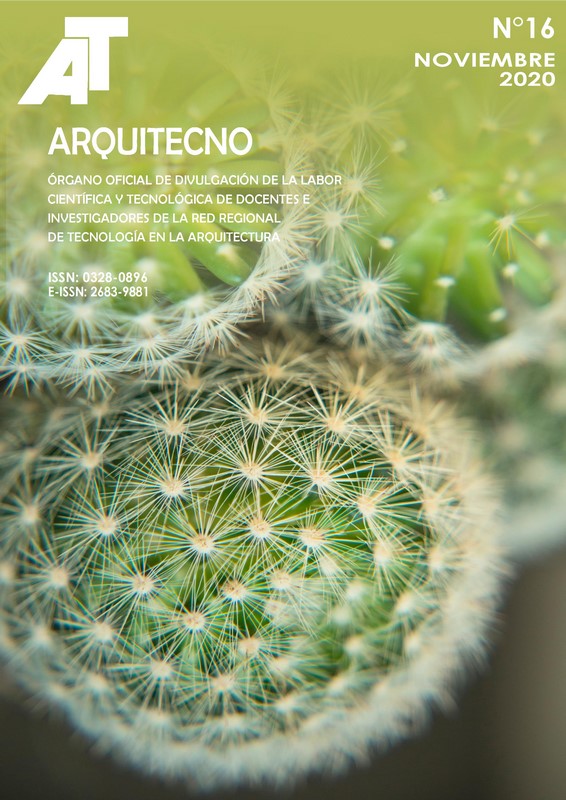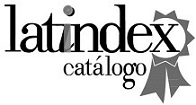From Minimum Quality Standards to project strategies: disciplinary contributions to the technical parameters of Social Housing in Argentina
DOI:
https://doi.org/10.30972/arq.0164554Keywords:
adaptability, flexibility, housing, normative, planningAbstract
Considering planning as a fundamental tool in the production of knowledge and Project Research as a relevant epistemological framework for research in architecture, this work proposes to recognize project strategies towards adaptability in the Minimum Quality Standards for Social Interest Housing. It is hypothesized that the regulatory body does not establish variables or indicators that allow establishing a reference standard. Although this work cuts into the mediation of federal housing policies in Argentina, in the analysis of mass housing there is the possibility of reviewing the project guidelines that are still in force, determine limits for the consideration of adaptability as a minimum quality factor. As a premise, it also describes a particular and extended way of conceiving the Social Housing project. Part of the conclusions show that there is a direct relationship between the scope of the standards in discursive terms and their technical-project value -strategies. Recognizing this situation as a condition for the capacity of the housing prototypes to reach satisfactory qualitative levels, adjustments are then suggested to what is established from variables of specific interest to the architecture of the house and as part of the disciplinary contributions.Downloads
Published
2020-11-24
How to Cite
Fiscarelli, D., & Bellot, R. (2020). From Minimum Quality Standards to project strategies: disciplinary contributions to the technical parameters of Social Housing in Argentina. Arquitecno, (16), 67–74. https://doi.org/10.30972/arq.0164554
Issue
Section
Investigación
License
Los autores ceden a Arquitecno los derechos de publicación de sus trabajos, toda vez que hayan sido admitidos como parte de alguno de sus números. Ellos, no obstante, retienen los derechos de propiedad intelectual y responsabilidad ética así como la posibilidad de dar difusión propia por los medios que consideren.





52.jpg)
